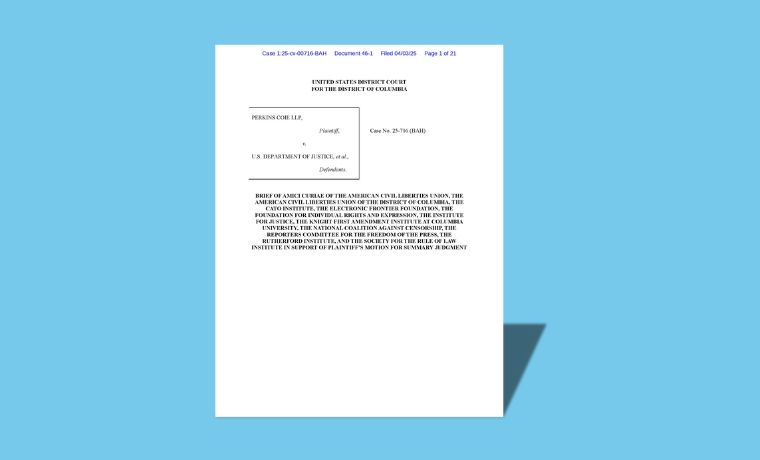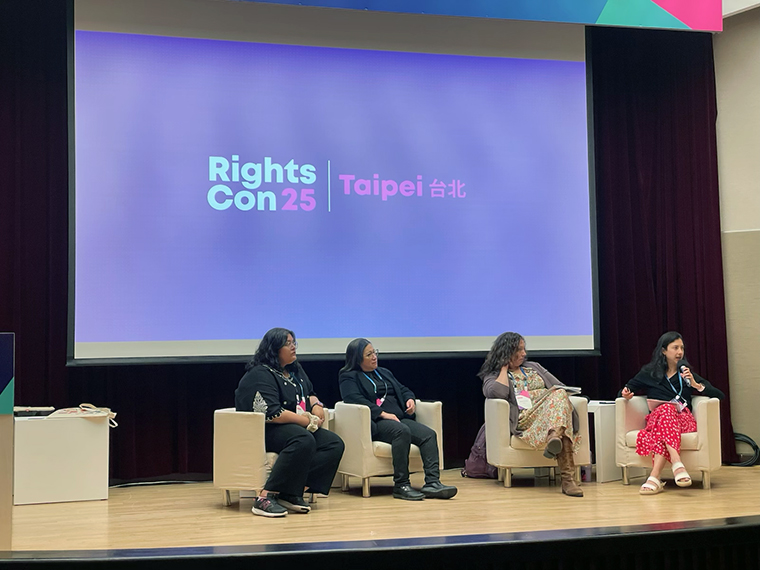Switzerland Explores Mandatory Human Rights Monitoring

June 17, 2015
In May, the Swiss Coalition for Corporate Justice, an alliance of more than 60 NGOs, including Amnesty Switzerland and Terre des Hommes, started to collect signatures for a popular initiative that would demand mandatory human rights and environmental monitoring and oversight from Swiss corporations. If the coalition manages to get 100,000 signatures in the next 18 months, the measure will be put to a popular vote. Popular initiatives are a powerful instrument of Switzerland’s direct democracy: it allows Swiss citizens to directly vote on constitutional text.
The human rights community has been celebrating the launch of the Swiss initiative as a major success. They regard the initiative as a model for advancing the business and human rights debate by creating regulations for corporate human rights conduct.
The core demand of the initiative is that Swiss companies conduct so-called human rights due diligence throughout their business operations. According to the UN Guiding Principles for Business and Human Rights, the due diligence process contains three elements: risk assessment, preventive measures and reporting.
Companies that face serious business and human rights challenges, however, need greater clarity about what the due diligence entails. At this point it is not defined to what part of the business due diligence should apply, whether there are minimum requirements in order to meet the due diligence mark, who monitors these processes, and what happens if companies in the same industry interpret the due diligence requirement differently or don’t take it seriously. To ensure that due diligence does not become a hollow mantra, but indeed increases corporate accountability, addressing these question is not just a minor side note in the debate.
Companies also need more guidance for the implementation of human rights than the concept of due diligence provides. For example, in the event of a deadly fire in a supplier factory, as has happened recently in China and Bangladesh, it will not suffice for a company to say that it was exercising due diligence pursuant to the Guiding Principles or Swiss law in its supply chain. Consumers and the media will focus on the outcome – that workers died in the production of the product bearing the company’s brand name. To address serious factory safety and other workplace issues, global brands and retailers must apply appropriate standards throughout their supply chains.
In the context of multi-stakeholder initiatives (MSIs) such as the Fair Labor Association and the Global Network Initiative, companies jointly with other stakeholders define concrete, measurable, and industry-specific human rights standards. Companies participating in MSIs also agree to independent compliance monitoring of those standards and they are held to account because the monitoring results are made public. Such private governance schemes offer an alternative to legalistic human rights approaches and rigid government regulation. In fact, they have one major advantage: the effectiveness of the MSI is useful to most corporations which lobby heavily against human rights regulation. In order to actually implement human rights standards, motivating companies is a critical aspect.
In Switzerland, nine out of ten popular initiatives fail at the ballot box. Despite this low success rate, popular initiatives can still drive societal change, even when rejected. They place issues on the agenda, they invite citizens to provide constructive feedback in public debates, and they set incentives for innovations. The popular initiative in Switzerland on mandatory human rights due diligence hopefully leads to a broader discussion (in Switzerland and elsewhere) about the due diligence concept, possible alternatives to legal regulation, and the need for industry-specific human rights standards that ensure that companies are accountable for what happens in their operations and supply chains.
 Business & Human Rights Leadership
Business & Human Rights Leadership


